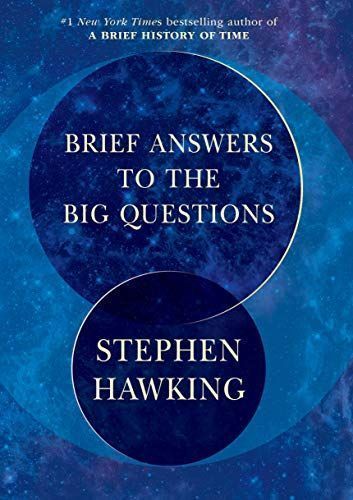
Brief Answers to the Big Questions
Stephen Hawking was recognized as one of the greatest minds of our time and a figure of inspiration after defying his ALS diagnosis at age twenty-one. He is known for both his breakthroughs in theoretical physics as well as his ability to make complex concepts accessible for all, and was beloved for his mischievous sense of humor. At the time of his death, Hawking was working on a final project: a book compiling his answers to the "big" questions that he was so often posed--questions that ranged beyond his academic field. Within these pages, he provides his personal views on our biggest challenges as a human race, and where we, as a planet, are heading next. Each section will be introduced by a leading thinker offering his or her own insight into Professor Hawking's contribution to our understanding. The book will also feature a foreword from Academy Award winning actor Eddie Redmayne, who portrayed Hawking in the film The Theory of Everything, and an afterword by Hawking's daughter, Lucy Hawking, as well as personal photographs and additional archival material.
Reviews
Tanishq Khandelwal@tanishq
Timeo Williams@timeowilliams
Indi@indiw-ellink
Mut@villenouve
Rabia Sitabi@rpish
matej yangwao@yangwao
Lord Aragorn@lordaragorn
Matteo@mercxry
Em@kreml1932
Jasper @zerra
Neil Murray@neilswmurray
Raihan Khan@raihan
Guy Moorhouse@futurefabric
brendan sudol@bren
Emily fowler@emfowler
Vitali Avagyan@vitali87
Victoria Simansjah@vicky
Ricky@rickynaarea
Atharva Bedekar@booksleuth
Lucas Dietrich@anteante
anika aberle @1aniaberle1
Ahmed El-Helw@ahmedre
maya majzoub @mayamajzoub
Mireya Miner@mireyaminer
Highlights
Hanie@hhhanieee
Page 11
Hanie@hhhanieee
Page 7
Ang Xuan Yi@cyanyu65
Page 149